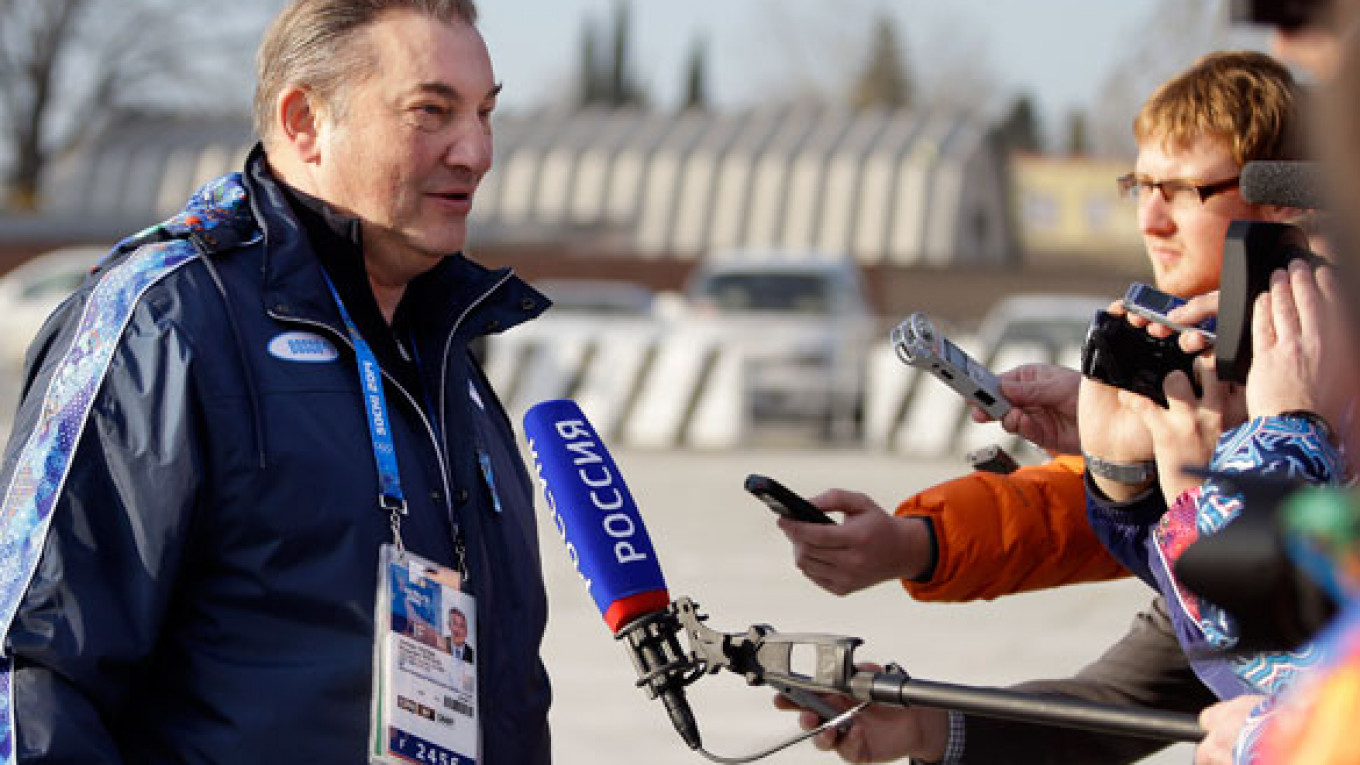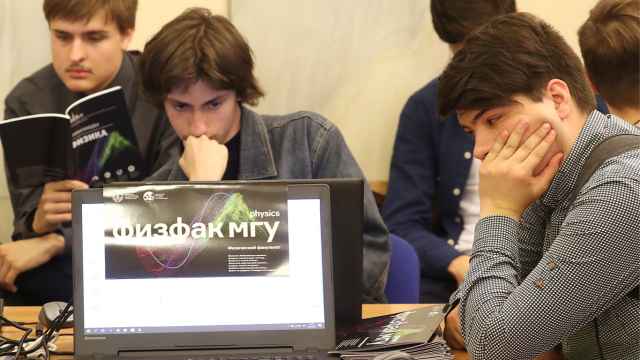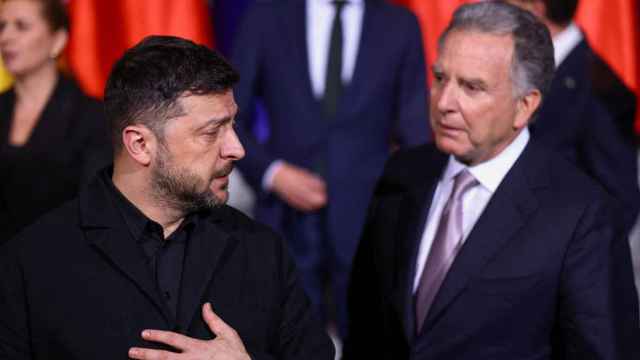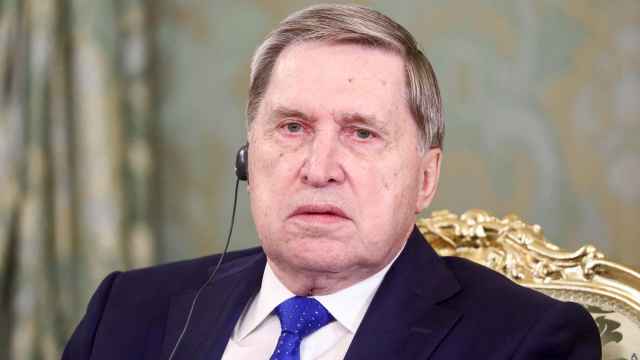SOCHI — Of all the goals conceded by Vladislav Tretyak in a glittering career that earned him three Olympic gold medals, there is one in particular that haunts him.
Just before the end of the first period of the 1980 Olympic showdown with the U.S., the Soviet goaltender's uncharacteristic error allowed the home side to draw level at 2-2.
Tretyak never made it back on to the ice that day. Although he was widely recognized as the world's best, coach Viktor Tikhonov replaced him with the inexperienced Vladimir Myshkin and the U.S. went on to win 4-3 in the biggest upset in ice hockey history.
"It was the trainer's mistake, of course. I think if I had played on, the result may have been different," Tretyak said in Sochi on Wednesday as all eyes turned to Saturday's "rematch."
The Americans, against all odds, went on to win the gold medal and the Soviets, the dominant power of the sport, had to settle for silver.
At a time when the Soviet communist leadership saw sports as part of the battle for supremacy with the capitalist West, the "Miracle on Ice" was little short of a national disaster.
For years, Tretyak faced questions wherever he went about that goal and why he had been replaced, even though he won three Olympic gold medals and 10 world championships with the mighty Soviet "Big Red Machine."
Even now, Tretyak seems uncertain why it happened. He responds patiently to the questions with a shrug and says: "That is ice hockey."
Looking back, at the age of 61, he refuses to see the 1980 game in terms of the Cold War.
"It was cold above us, but we [the U.S. and Soviet players] always had fine relations," he said of his college-boy rivals. "There was none of that, no politics involved."
Tretyak says the 1980 defeat taught the Soviet team to respect opponents more because they had, without question, underestimated the U.S. team, having hammered them shortly before in a New York exhibition match.
"We thought we would beat them easily," he said. "The Americans gave us a very good lesson. We suffered terribly."
The Americans, he says, also learned from the Soviet team and ice hockey got a huge boost in the U.S.
At that time, anything less than gold was seen as failure for the Soviet team, who had won the previous four and would win the next three Olympic titles, the last under the banner of the "Unified Team" in 1992.
The U.S. did not manage another medal until picking up a silver in 2002.
Russian national expectations are again high in Sochi but the balance of power has changed since professionals were allowed to take part and Tretyak suggests a medal of any color might be a good achievement.
One thing is for sure. The Russians will not be underestimating the Americans this time.
A Message from The Moscow Times:
Dear readers,
We are facing unprecedented challenges. Russia's Prosecutor General's Office has designated The Moscow Times as an "undesirable" organization, criminalizing our work and putting our staff at risk of prosecution. This follows our earlier unjust labeling as a "foreign agent."
These actions are direct attempts to silence independent journalism in Russia. The authorities claim our work "discredits the decisions of the Russian leadership." We see things differently: we strive to provide accurate, unbiased reporting on Russia.
We, the journalists of The Moscow Times, refuse to be silenced. But to continue our work, we need your help.
Your support, no matter how small, makes a world of difference. If you can, please support us monthly starting from just $2. It's quick to set up, and every contribution makes a significant impact.
By supporting The Moscow Times, you're defending open, independent journalism in the face of repression. Thank you for standing with us.
Remind me later.






